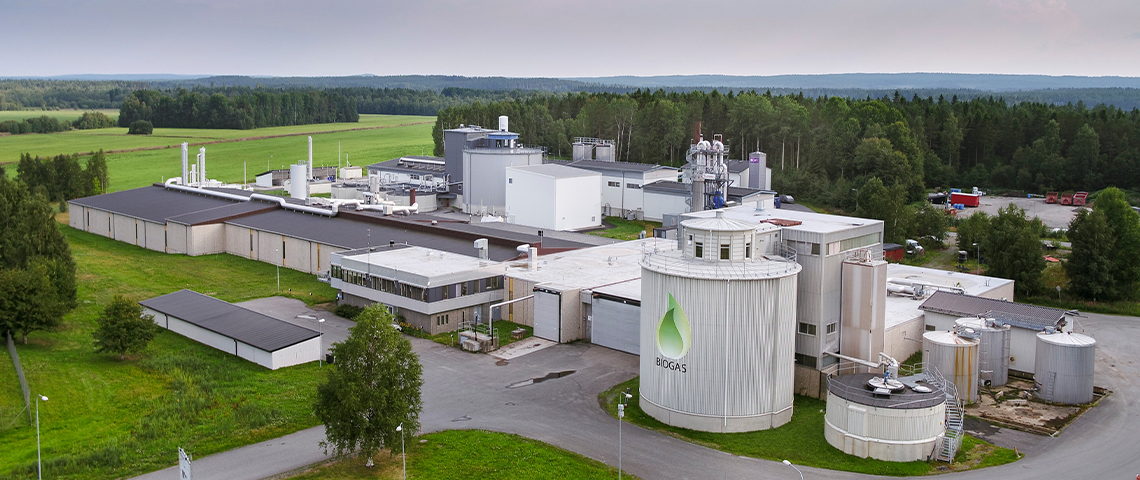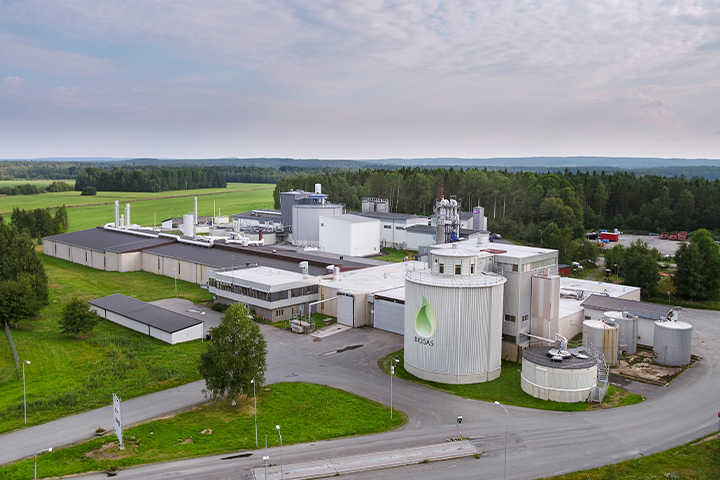One of the new topics for this year’s Innovation weeks is bioeconomy. Bioeconomy is an important and strategic topic, which can be defined as the production of renewable biological resources and the conversion of these resources and waste streams into value added products. Examples are food, feed, bio-based products and bioenergy. The sectors and industries working with bioeconomy have strong innovation potential due to their use of a wide range of sciences, enabling and industrial technologies and local and tacit knowledge.
One example is advanced biofuels. Sweden has made a commitment to reduce the net greenhouse gas (GHG) emissions to zero by 2045. Moreover, the Swedish transport sector will reduce emissions with 70% by 2030, compared to 2010. Despite these tough goals, Swedish economy has grown with 10%, while GHG emissions were reduced by 10% from 2010-2016. The triple helix model, where government, industry and academia collaborate has been and will continue to be a key success factor in achieving the set goals. Brazil started to produce advanced biofuels already in 2014, and with its ethanol production it has been a forerunner in regards to the first generation of advanced biofuels. .In addition, Brazil is working on a national policy (Renovabio) with the aim of achieving the target of reducing GHG by 43% by 2030 (compared to 2005 levels).
Both Sweden and Brazil have a well-established biomass production with great relevance in the energy matrix, which can support the development of advanced biofuels. However, advanced biofuels is only one area in the larger scope of bioeconomy where Brazil and Sweden have identified synergies. Areas such as bioenergy with focus on biogas and pellets are applicable, and the concept of bioeconomy also touches on other relevant fields where Sweden and Brazil can collaborate, such as bi-products from the chemical industry with bio-plastics as an example.


Credits: Ulf Grünbaum/Imagebank.sweden.se
